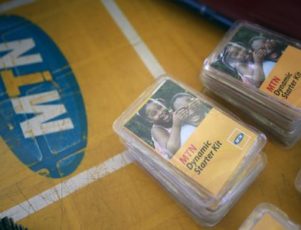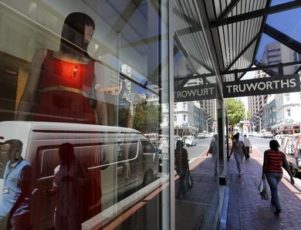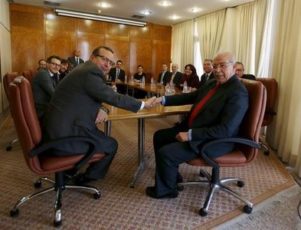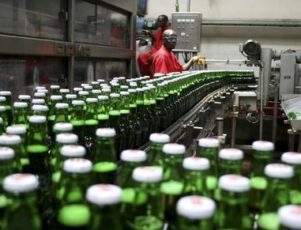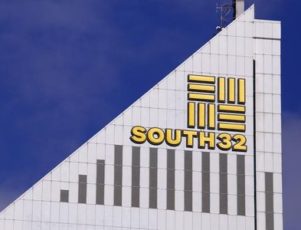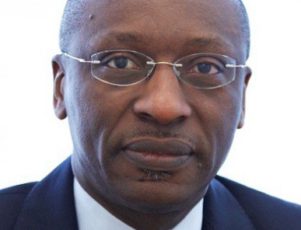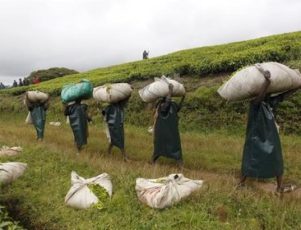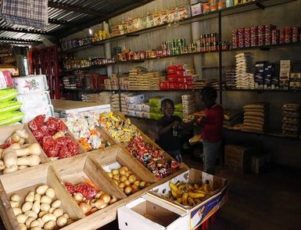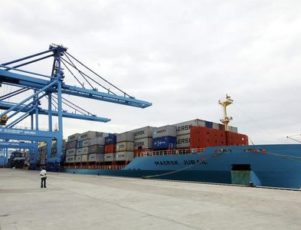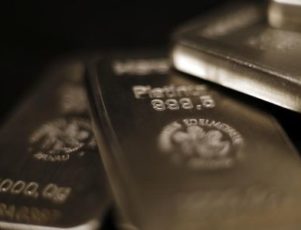One of the country’s largest banks targets support to grow small and medium-sized business sector.
One of Nigeria’s largest banks is expanding services for small and medium-sized business enterprises as it welcomes a new top executive. The Ivorian Charles Kie is the new managing director of Ecobank Nigeria, replacing Jibril Aku, whose five-year term ended December 31. Ecobank Nigeria, based in Lagos, has more than $9 billion in assets and operates more than 600 branches, making it one of the largest banks in the country.
New services for small, medium-sized businesses
The bank recently launched a number of initiatives designed to support the small and medium enterprise (SME) sector of the economy.
Calling small and medium-sized businesses the engine of economic growth for the nation, Sunkanmi Olowo, head of SME and Value Chain Banking at Ecobank Nigeria said the bank would increase funding and support to the sector.
Olowo said Ecobank Nigeria was launching SME Club, which will provide preferred business support and tailored products to small and medium-sized businesses.
SME Club will provide capacity development, technical assistance and business, accounting, tax and legal services building to small and medium-sized enterprises as well as information mining, networking and capacity, he said.
The bank is also launched MyMall, an online e-commerce platform on which businesses can market and sell their services and goods.
Olowo said Ecobank will also offer training and funding through a New Venture Initiative, he said.
New managing director named
Charles Kie, the Ecobank Nigeria’s new managing director, joined Ecobank Transnational in 2011 and served as chief operating officer of Ecobank Capital and then became head of Ecobank group’s corporate banking division.
Previously he was chief executive officer of Groupe Banque Atlantique, based in Togo and Ivory Coast with operations in nine West and Central African countries. He also worked for Citibank, serving as CEO of Citigroup West Africa.
A graduate of the Ecole supérieure de commerce d’Abidjan in Ivory Coast, Kie has Master’s degree in Business Administration from the London School of Economics and a Master of Science degree from the University Of Clermont-Ferrand (France). He also attended Harvard Business School’s Advanced Management Program.
Parent organization emerges from scandal
Ecobank Nigeria is a subsidiary of Ecobank Transnational, a pan-African banking group based in Togo with more than 1,250 branches and offices in 36 countries in sub-Saharan Africa. It has $24 billion in assets and 11 million customers.
The parent organization got new leadership last year after two years of scandals that saw the bank accused of poor governance and fraud.
The Nigerian Ade Ayeyemi was named group chief executive in September as the bank was poised to expand its footprint on the continent.
“This organization went through a near-death experience two years ago. And now we’ve recovered, we need to power through,” Ayeyemi said.
Read more

